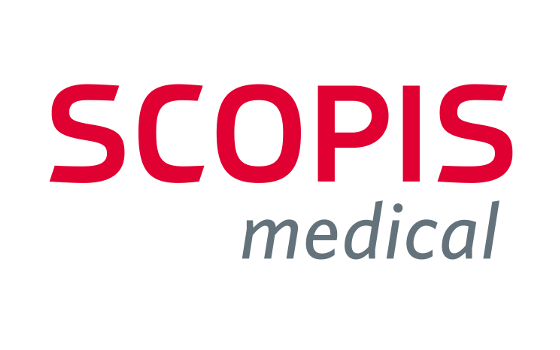 Scopis, a tech company specializing in surgical navigation and medical augmented reality, has announced its collaboration with the German Accelerator Life Sciences (GALS) program, an initiative supported by the German Federal Ministry for Economic Affairs and Energy (BMWi). Scopis has also established a presence in Cambridge, MA to support its activities in the U.S. & Canada.
Scopis, a tech company specializing in surgical navigation and medical augmented reality, has announced its collaboration with the German Accelerator Life Sciences (GALS) program, an initiative supported by the German Federal Ministry for Economic Affairs and Energy (BMWi). Scopis has also established a presence in Cambridge, MA to support its activities in the U.S. & Canada.
Scopis designs surgical navigation systems that use augmented reality (AR) technology, where real-world imaging data from the surgical environment is enhanced by integrating computer-generated imaging data. Scopis' next-generation surgical products, called Target-Guided Surgery Systems (TGS®), guide the surgeon along mapped-out pathways directly to anatomical targets using AR-generated images overlaid onto the surgeon’s endoscope.
"Scopis currently provides surgical navigational systems with augmented reality (AR) for the specialties otorhinolaryngology (ENT), craniomaxillofacial (CMF), spine and neurosurgery in 50 countries worldwide. We established a U.S. presence in Cambridge, MA to make our disruptive technologies and solutions more readily available to patients and providers in the very important North American markets," said Bartosz Kosmecki, CEO and Founder of Scopis. "The collaboration with GALS will accelerate our expansion into the U.S. market and help us establish further collaborations with U.S. companies and investors."
"We look forward to collaborating with Scopis. The company's medical augmented reality technology has great potential across several indications. We are confident that GALS can add significant value and help Scopis expand the reach of its innovative solutions in the North American and European markets," commented Christoph Lengauer, CEO of the German Accelerator Life Sciences.
GALS will provide Scopis with a team of mentors and leverage its industry network to support the company's U.S. activities and development in Europe. GALS' mentorship will support Scopis as the company continues to execute on its plans for expanding its distribution network, further developing its business strategies in the U.S. and Europe, and broadening its investor base.
For further information, please visit:
http://www.scopis.com
About Scopis
Scopis is a leader in medical augmented reality (AR) and Hybrid Navigation®, creating innovative solutions for the healthcare market, including technology for surgical education, and planning and navigation systems for otorhinolaryngology, craniomaxillofacial, spine and neurosurgery. In over 50 countries worldwide, surgeons have performed more than 10,000 surgeries with the aid of Scopis' products and have benefitted from the highly-advanced image guidance and visualization capabilities of Scopis' technology.
Scopis is known as one of the top vendors and innovators for surgical navigation systems and has business operations in Germany and the United States. In 2016, Scopis was nominated as a finalist for the German Founder's Prize in the category "rising stars."
About the German Accelerator Life Sciences
The German Accelerator Life Sciences (GALS) is an initiative of the German Federal Ministry for Economic Affairs and Energy (BMWi), with the goal of helping German startups and young companies succeed in the global marketplace. GALS offers support in multiple areas, from free office space in the world’s leading life science innovation hub, to mentoring and advising from industry experts and experienced leaders. GALS opened its doors in October 2015 and has its headquarters in Cambridge, Massachusetts.